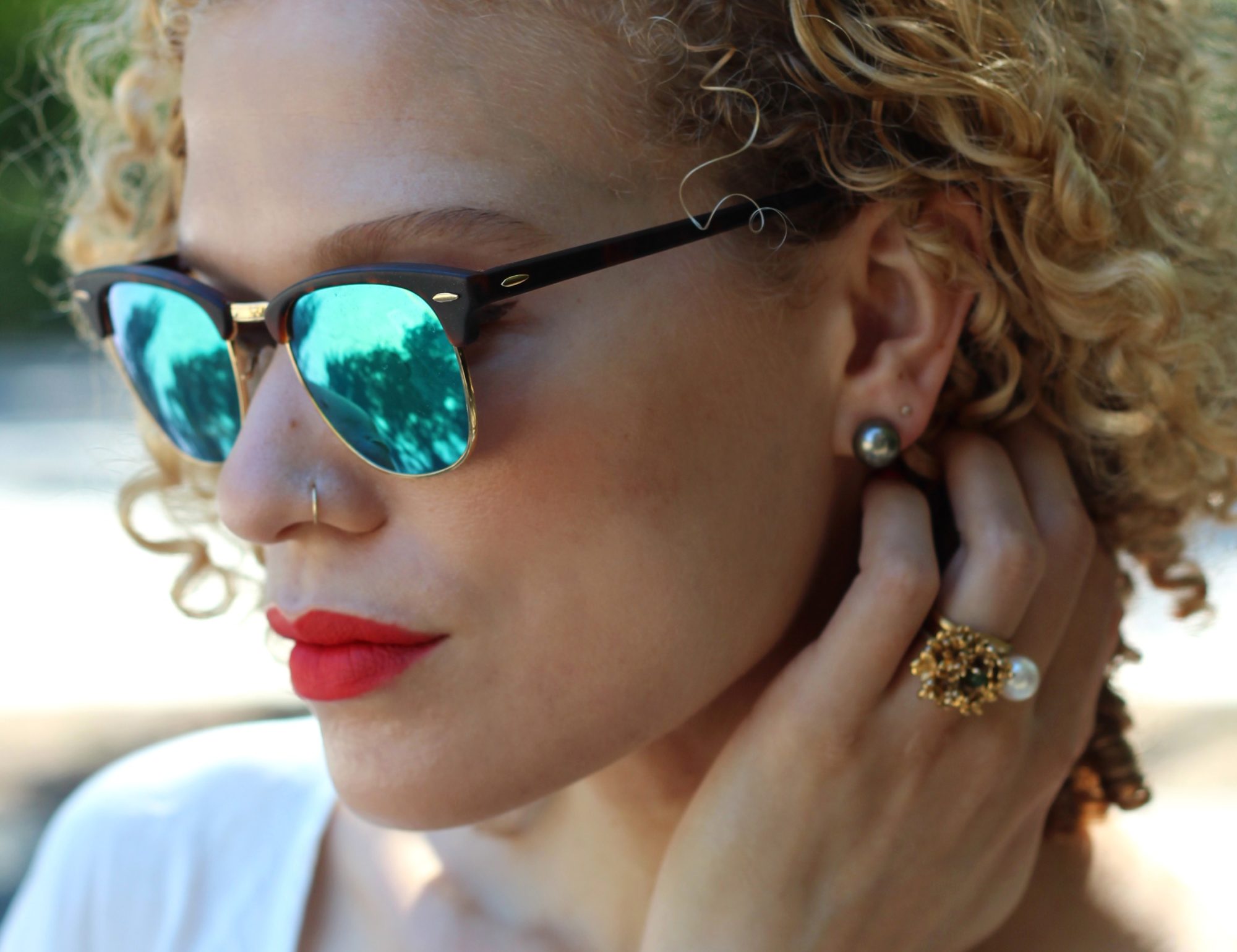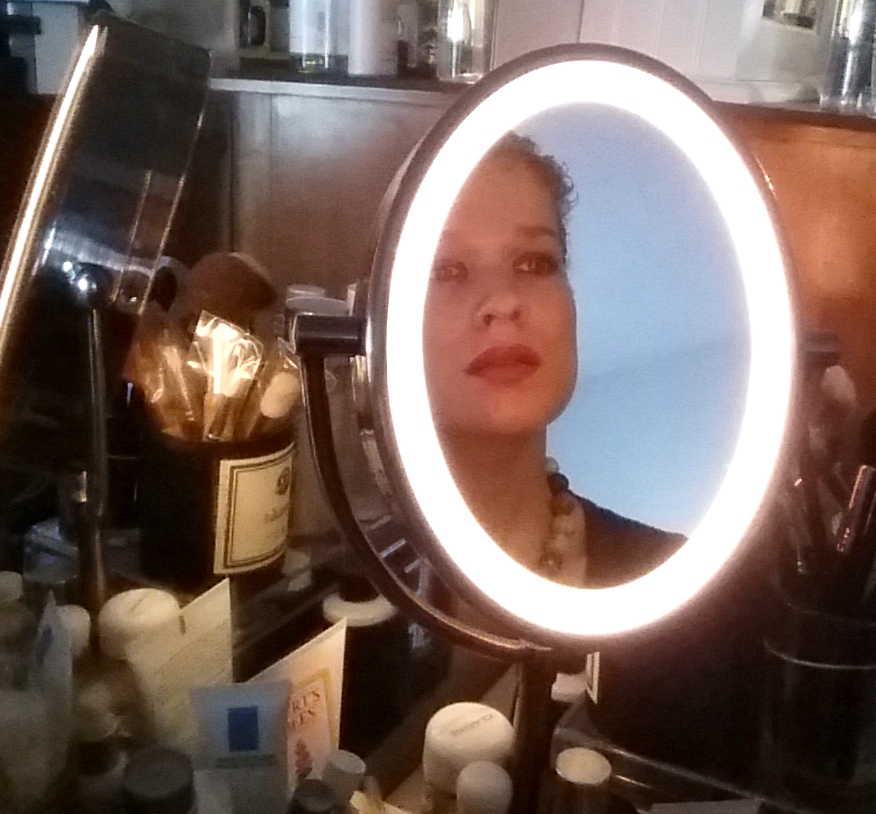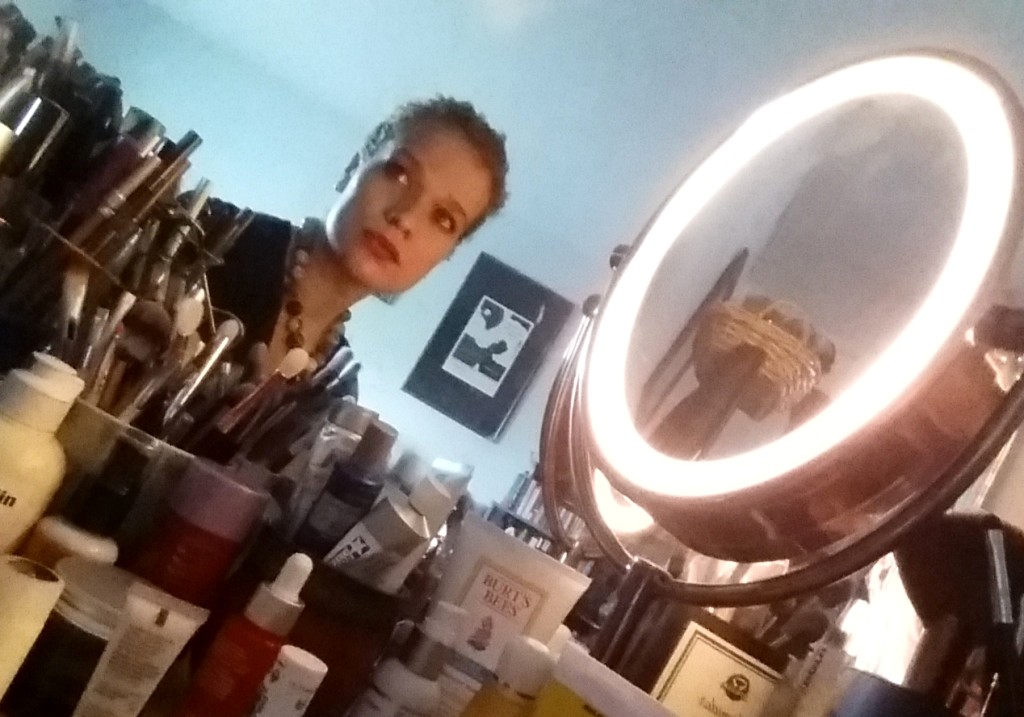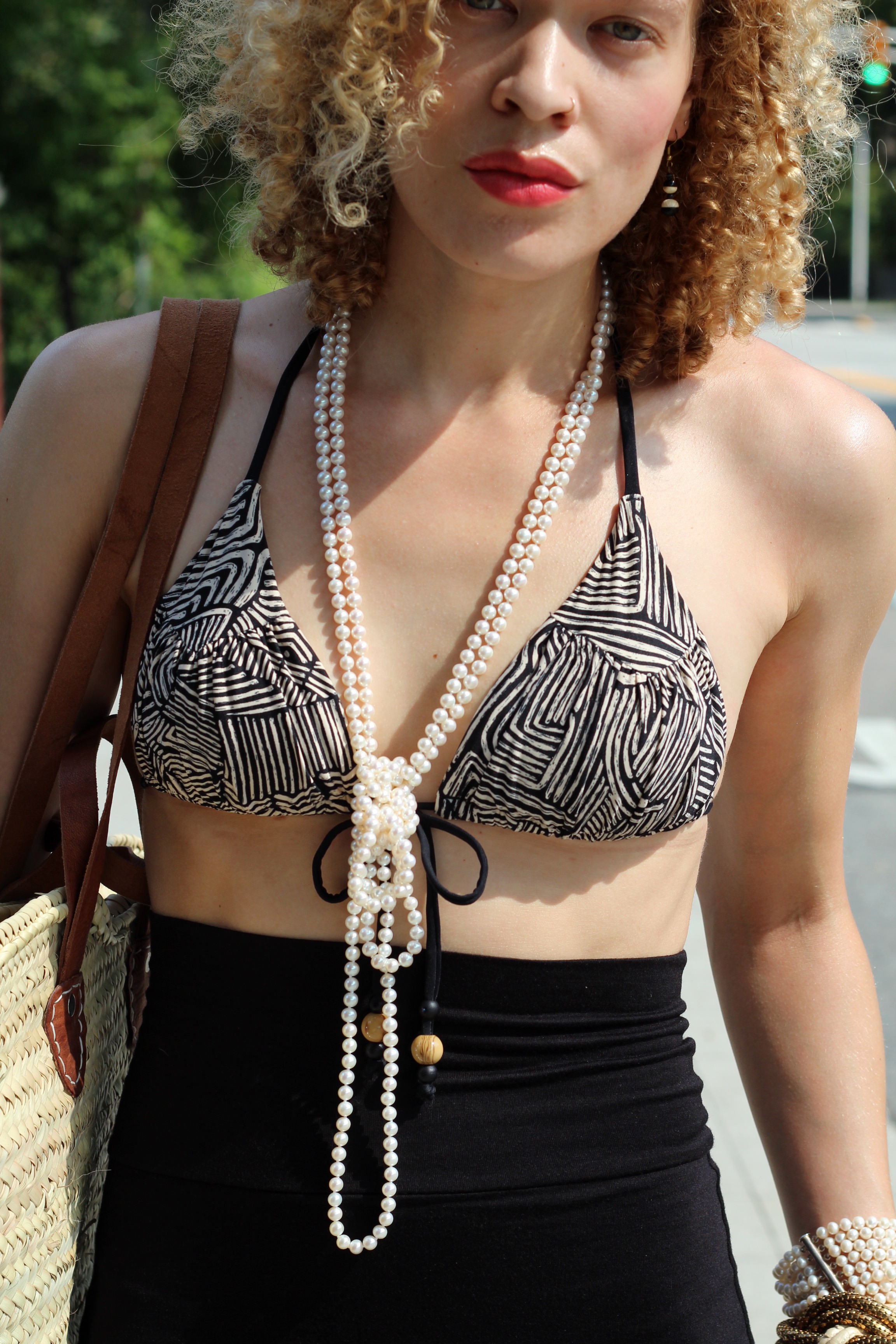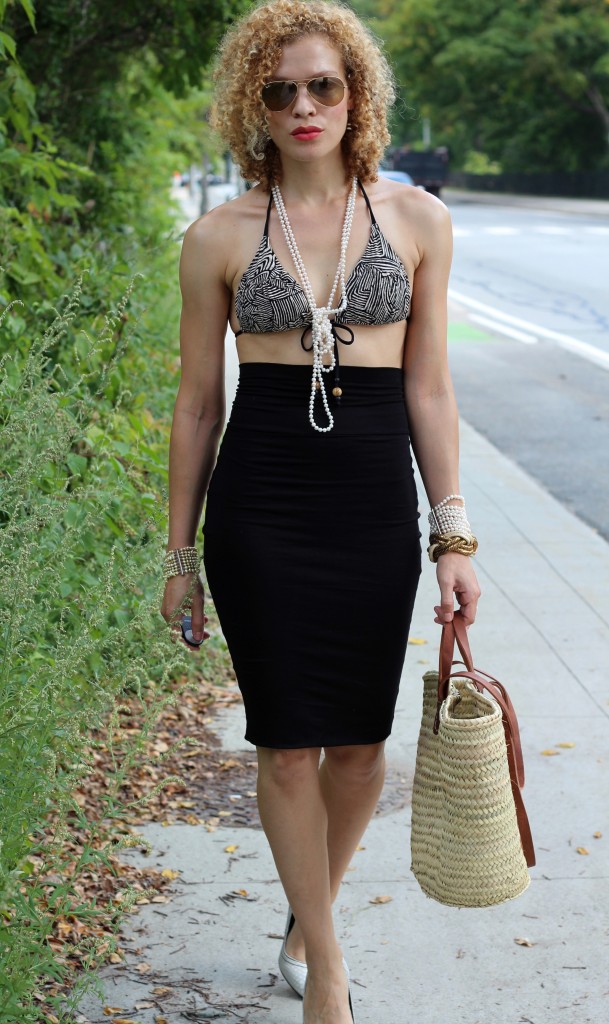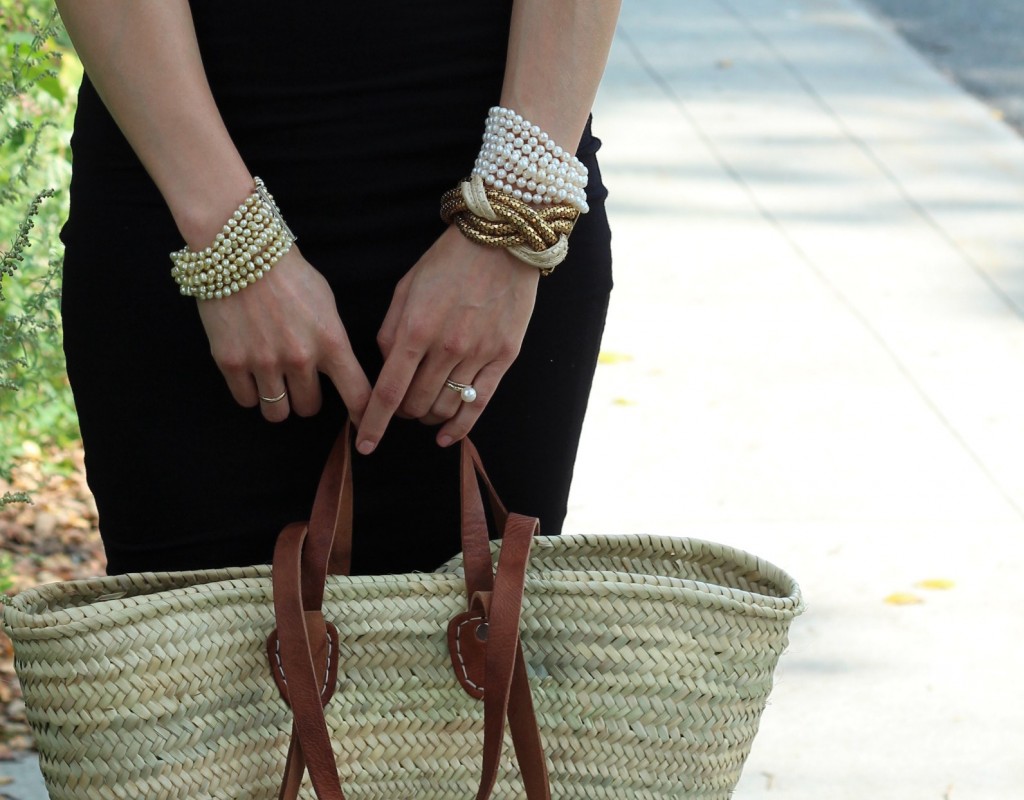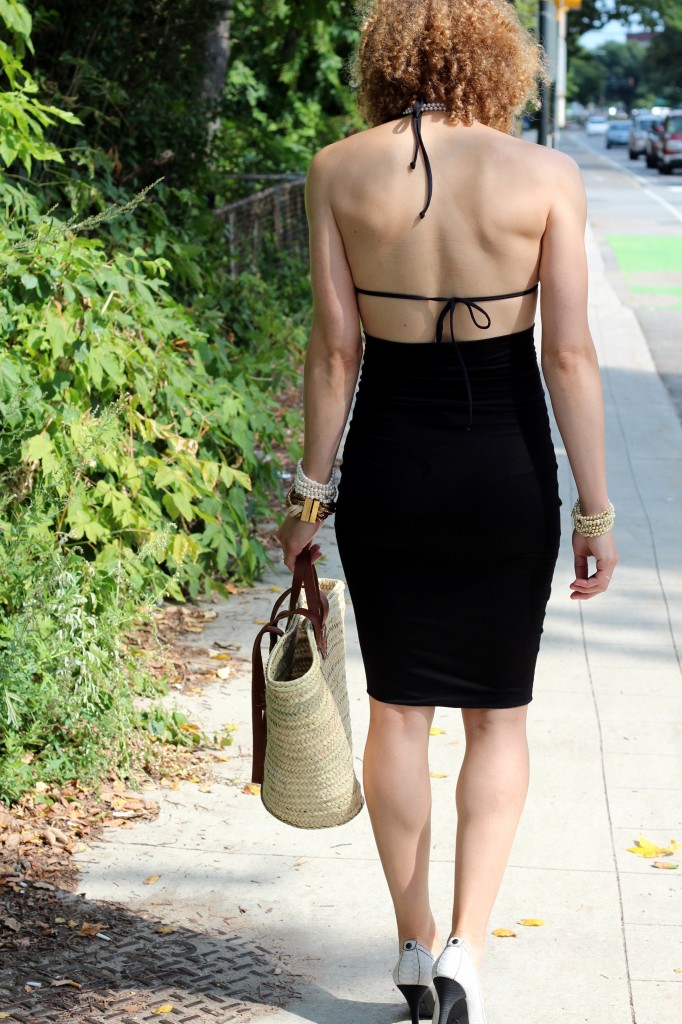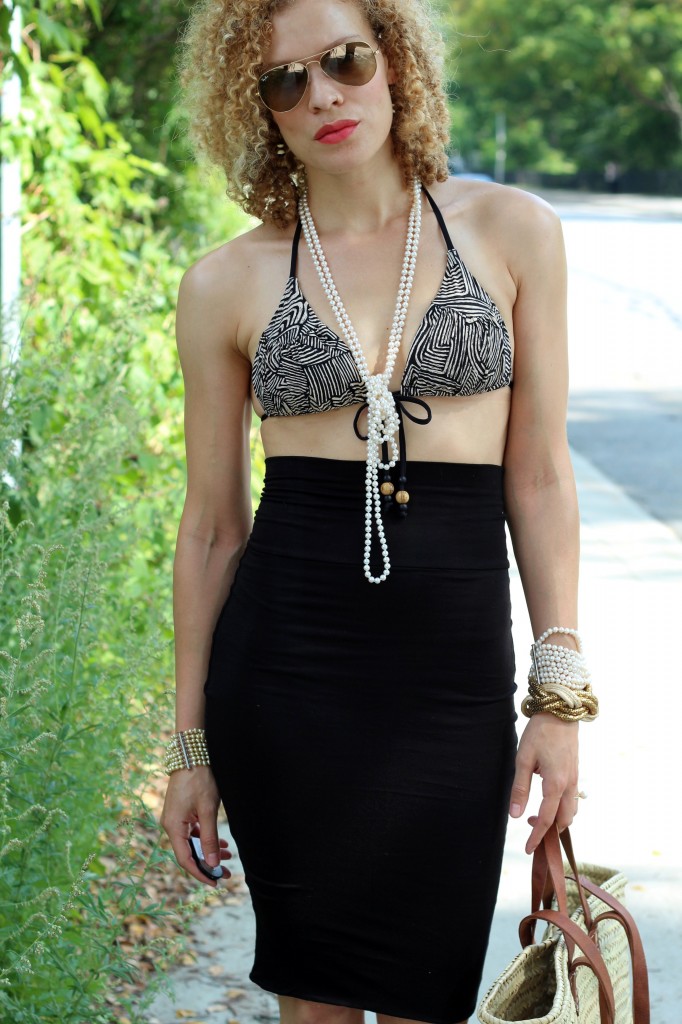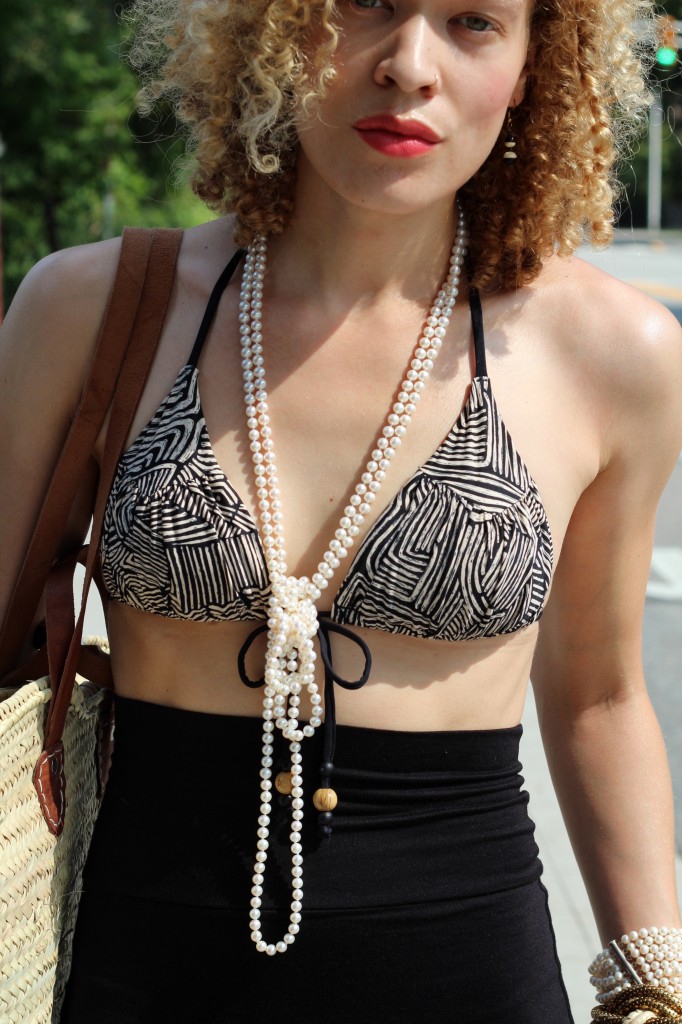“Staring and staring into the mirror, it sees many faces within its face – the face of the child, the boy, the young man, the not-so-young man – all present still, preserved like fossils on superimposed layers, and, like fossils, dead. Their message to this live dying creature is: Look at us – we have died – what is there to be afraid of?
It answers them: But that happened so gradually, so easily. I’m afraid of being rushed.”
― Christopher Isherwood, A Single Man
“Whatever may be their use in civilized societies, mirrors are essential to all violent and heroic action.”
― Virginia Woolf, A Room of One’s Own
“Gussie, a glutton for punishment, stared at himself in the mirror.”
― P.G. Wodehouse, Right Ho, Jeeves
Mirrors are undoubtedly strange. Common, so we get used to having them everywhere, at least in privileged areas of the world, but for me they never lose their strangeness.
There is the strangeness of the mirror-image itself, the version of the self most familiar to the self, yet bizarrely wonky when compared to a photograph (or reality), the version of the self most familiar to others. Like the discrepancy between your voice as you hear it and your voice on a recording. I have a staunch loyalty to my versions, feeling a shame that the world only gets these diluted, misshapen versions of me.
There is the strangeness of knowing what one looks like at all, the technology for mirrors—and especially accurate, clear mirrors—being relatively recent in human history. There’s a bit in the mockumentary What We Do In the Shadows wherein the vampires, who cannot see their reflections, ask one another to draw their likenesses so they can see what they look like. The drawings are comically bad, which is the bit, but it rings true that they would want to know, and take any scraps of information they could. I want to know. I want every scrap of information.
Then the strangeness of making eye contact with oneself, and seeing (almost seeing) what other people see. And the strangeness of knowing that, because you can only be yourself, you aren’t necessarily seeing what other people see at all, not noticing what they might notice. And so, in a way, you are not able to see yourself at all. I often have this thought with clothing, when I can’t quite decide how it fits. Sometimes I’ll take a photo, and look at that, but what I really want is to see a body identical to mine but not mine wearing the same thing. Then, it seems, on some other being/mannequin/stand-in, I would be able to judge it properly.
I have a suspicion that I spend more time than the average person in front of the mirror. Likely due to some combination of having a lot of mirrors around, giving my skin a lot of careful attention, doing a fair amount of making up, wanting to check on things generally, not trusting my hair to be where I last put it, and liking the act of looking at myself.
This last reason is not, it is important to clarify, because I think I look so great.* I am equally or perhaps even more interested in looking at myself when I look awful, or just unremarkable, which I mean in a matter-of-fact way, sans negativity.** I mainly look unremarkable (that is, normal). Still, I don’t seem to tire of inspecting my reflection, as if it might tell me something.
*Though I do sometimes think this, or something like this. It is more that I now and then have a glad feeling toward my face, like I might toward at anything that pleased me in the moment. Not necessarily because it is ‘pretty’^ in that moment (not because it’s been made to look so-called pretty), but because I just like it, for whatever reason.
^Pretty is a problematic term, no? I use it but as a commercio-cultural construct it’s difficult.
**Negativity is aimed directly at various blemishes and scars to maintain a good relationship with the face as a whole.
My face and body, though in a sense random, genetically random, don’t feel random. They feel integrated. Not significant, exactly, not as if they mean anything, but influential, yes. Perhaps this is only my attachment to the material world.
